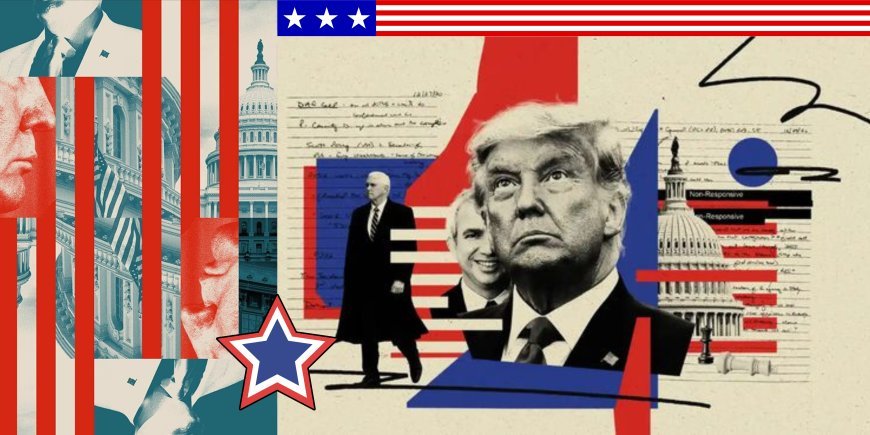The Rise of BlueAnon: Election Conspiracy Theories and Their Impact on 2024 US Politics
Explore the rise of Blue Anon conspiracy theories surrounding the 2024 US election. Learn about the spread of misinformation and its impact on politics as theories about missing votes and election irregularities gain traction.



The 2024 US election has sparked a surge in conspiracy theories, particularly through social media platforms like X (formerly Twitter). These new theories, collectively referred to as BlueAnon, challenge the legitimacy of the election results in a way that mirrors the 2020 election's denial movement. However, unlike 2020, the focus is not on Donald Trump’s defeat but on unfounded claims involving Vice President Kamala Harris.
One of the most talked-about conspiracy theories is the narrative of missing votes, claiming tens of millions of votes were lost or tampered with during the election. Despite these claims being debunked, the discussion continues to spread across various digital platforms, drawing large audiences.
The core of these theories centers around alleged fraud during the counting process. Various social media influencers and conspiracy theorists, such as Dinesh D'Souza, have propagated these views. His claims, including questioning the authenticity of Biden's 2020 vote count, continue to fuel a growing belief that the election was rigged, despite there being no credible evidence to support these allegations.
The term BlueAnon, coined as a nod to the more established QAnon movement, has emerged as a label for this new wave of left-leaning conspiracy theorists. It refers to those who promote unfounded claims regarding election fraud, including the assertion that Kamala Harris's victory was somehow sabotaged by external forces.
What’s alarming about this wave of election denial is its persistence. Unlike previous years, this theory does not receive support from any major political candidate. However, it continues to gain traction due to its widespread sharing on social media. The ongoing narrative about missing votes and bomb threats is creating a divided view on the legitimacy of election results.
While the claims made by these conspiracy theorists are not grounded in truth, they continue to thrive in online communities. It remains to be seen how this new breed of misinformation will influence political discourse in the coming months as the 2024 election approaches.

In conclusion, the 2024 election is shaping up to be another battleground for conspiracy theories, and BlueAnon is playing a significant role. As the race intensifies, it’s essential to critically evaluate sources and remain cautious of misinformation in the digital landscape.
What's Your Reaction?









































































